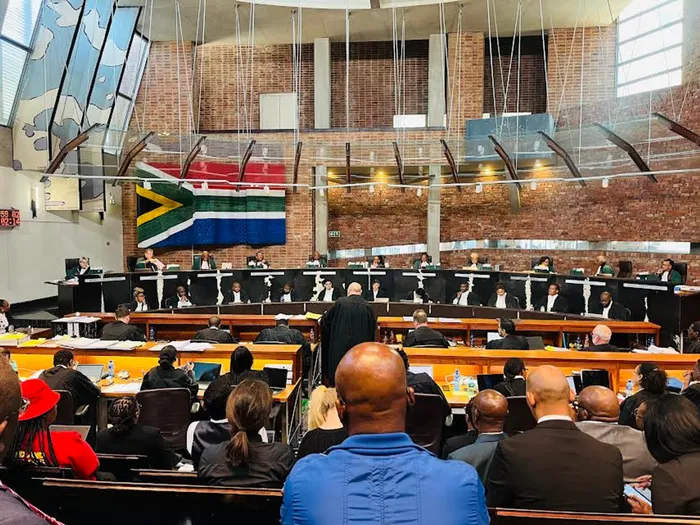ConCourt gives government two more years to fix unconstitutional Khoi-San Leadership Act

The Constitutional Court has given its reasons for granting government another two years in which to fix the Khoi-San Leadership Act.
Image: Kamogelo Moichela/IOL Politics
Despite criticising the government's reasons for delays, the Constitutional Court extended the Traditional and Khoi-San Leadership Act for two more years, citing the best interests of the Khoi-San communities.
The court in 2023 gave the government until May 2025 to fix the Bill, but this was not done due to numerous reasons. The court earlier extended the suspension of the declaration of invalidity of the Act for two more years - until May 2027.
The ConCourt now gave its reasons for the extension and remarked that this case is about the significance of participatory democracy for millions of South Africans who for the most part live away from centres of power, in rural areas and in some of the poorest parts of our country.
“This case is about their ability to participate in the making of law that governs virtually every aspect of their daily lives, including access to land, basic services and rights to the benefits of the land upon which they live,” the court said.
In a unanimous judgment handed down in 2023, the Constitutional Court declared the Act unconstitutional as “parliament overwhelmingly failed in facilitating public participation”.
Rural communities, activists and land rights organisations approached the court in December 2021, arguing that parliament did not comply with its constitutional duty to facilitate meaningful public participation when passing the legislation.
The court at the time found that the Act was adopted in a manner that is inconsistent with the Constitution and declared it invalid. It suspended the declaration of invalidity for 24 months to enable Parliament to re-enact the statute or to pass another statute in a manner that is consistent with the Constitution.
In asking for another two-year extension, the minister of Cooperative Governance and Traditional Affairs argued unforeseen delays, including an incorrect legal opinion regarding the public participation process, procedural missteps and political developments.
The minister also pointed to the complexities in the legislative process. The respondents raised concerns about the department’s lack of urgency and poor planning but agreed to the further extension of two years to streamline the Bill.
The ConCourt said the explanation proffered by the minister was not completely satisfactory. This is because it is not explained why the Bill was not considered a high-priority Bill to be dealt with by Parliament before the 2024 elections were held, the court said.
The court added that the deputy president’s announcement that no new legislation, except priority legislation, was allowed to be passed before the establishment of the seventh Administration ought to have been anticipated and catered for.
“It is clear that the national elections of 2024 resulted in the TKL Bill being de-prioritised. It would appear that there was a lack of political motivation to take the requisite steps to timeously remedy the constitutional deficiencies of the Act,” the court said.
It added that deliberate non-compliance with this court’s orders is offensive to the rule of law.
“The minister’s unsatisfactory explanation for the delay must be weighed against the potentially disastrous consequences which would arise should the extension not be granted,” the court said.
The court further commented that the Act has already been partly implemented and the recognition granted to Khoi-San communities and traditional leaders, who depend on its enactment and validity.
zelda.venter@inl.co.za
Related Topics: